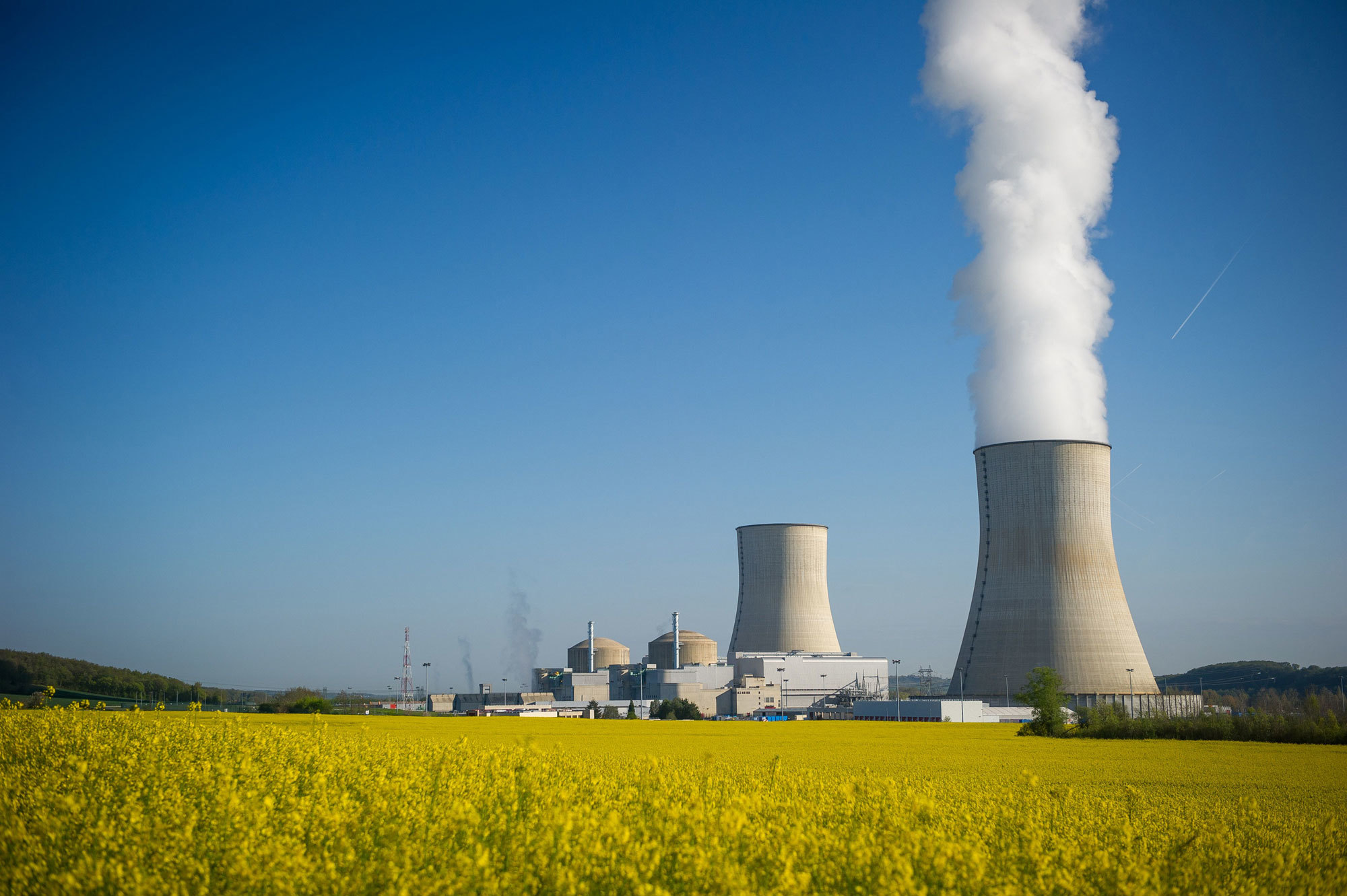As humanity grapples with the machinations of modernity, the specter of nuclear weapons looms large. Their ominous shadow calls into question the ethical and spiritual tenets that govern our existence. The Bahá’í teachings provide a profound lens through which to examine the existential dilemma posed by these devices of mass destruction—a dilemma that straddles the line between advancement and annihilation. To embark on this inquiry, one must first understand the unique moral crossroads at which we find ourselves.
At the essence of Bahá’í teaching lies the principle of unity. This doctrine posits that humanity is an indivisible whole, a tapestry woven from the diverse threads of myriad cultures and perspectives. The implications of this idea are particularly salient in discussions about nuclear weapons. Just as a single thread can disrupt the integrity of an entire fabric, the reckless use of nuclear armaments can unravel the very fabric of human society. In this light, the question arises: will nuclear weapons inevitably be employed, or can we chart a course away from the cataclysm they herald?
The moral landscape concerning nuclear weapons is rife with complexity. On one hand, some may argue that the possession of such weaponry serves as a deterrent, a formidable presence that ostensibly safeguards nations from external threats. This rationale, often likened to the metaphor of a double-edged sword, highlights the precarious balance between security and the potential for devastation. The Bahá’í perspective, however, encourages a deeper reflection on the costs of such a stance.
Indeed, the Bahá’í teachings emphasize the supremacy of justice and equity. The proliferation of nuclear weapons creates an inequitable global hierarchy, where a select few possess the power to wreak havoc while the majority remain vulnerable. This disparity evokes the image of a lion guarding its prey—an unchecked predator emboldened by military might. The inherent injustice of such a dynamic demands scrutiny. If we profess to uphold the principles of justice, how can we allow for the existence of weapons that threaten to obliterate entire nations?
Moreover, the teachings of the Bahá’í Faith advocate for the moral development of individuals and communities. The existence of nuclear weapons necessitates a dichotomous moral dilemma: while nations may acquire these instruments for purported self-defense, the ethical ramifications extend far beyond national borders. The potential for irreversible harm poses a poignant query—can humanity advance morally while harboring the tools of its potential demise? The Bahá’í perspective unequivocally posits that true advancement is contingent not upon military might but upon the cultivation of our shared humanity.
In contemplating the idea of inevitability in the use of nuclear weapons, one must consider the role of ethical leadership. History is replete with instances where the reckless ambition of leaders precipitated catastrophic outcomes. In this context, the Bahá’í teachings impart critical lessons about the importance of wisdom and foresight in governance. Every decision bears weight, akin to a pebble dropped into a tranquil pond, sending ripples far beyond its origin. Leaders must thus grapple with the moral implications of their choices, fostering an environment where dialogue triumphs over despotism, ensuring that no single entity holds the power to unleash mass destruction.
Another indispensable tenet of Bahá’í discourse is the notion of progressive revelation—the continuous unfolding of divine guidance suited to the evolving needs of humanity. In the context of nuclear proliferation, this concept suggests that as society progresses, new ethical imperatives emerge. The global community stands at a pivotal juncture. A collective commitment to disarmament could serve as our guiding light, illuminating paths toward cooperation and trust. Would humanity not better honor the legacy of its prophets, who espouse love, compassion, and understanding, by striving for peace rather than perpetuating a cycle of fear?
Furthermore, the Bahá’í worldview recognizes the interconnectedness of all global citizens. This interconnectedness drives home the urgency for international collaboration in nuclear disarmament. To ignore the potential for catastrophe is to deny our shared destiny. The Bahá’í teachings implore us to reject isolationism, urging nations to unite in pursuit of collective security. Renowned scholars and diplomats must rise to champion the cause of disarmament, fostering dialogues that transcend political differences and promote social cohesion.
As we contemplate this moral crossroads, it becomes evident that the choice is not merely between possession or relinquishment of nuclear arms, but rather one of vision. Will we choose to forge a future characterized by collaboration, understanding, and the recognition of our collective human dignity? Or shall we surrender to the despair that accompanies the inevitability of destruction? Guided by the precepts of the Bahá’í Faith, the latter must be resolutely eschewed. Our choice is clear: to embrace a path of negotiation and unity, and in doing so, ensure that the manifestations of our technological capabilities reflect our highest ideals, rather than our deepest fears.
In conclusion, as nations stand poised at the brink of decision, the Bahá’í teachings provide a clarion call to re-evaluate our moral compass. The specter of nuclear weapons challenges not only our survival but our very humanity. By invoking principles of unity, justice, and moral leadership, we can collectively navigate the formidable landscape that stretches before us. The future rests in our hands. Shall we choose to be architects of peace or guardians of destruction? The answer hinges on the moral resolve we cultivate today.
